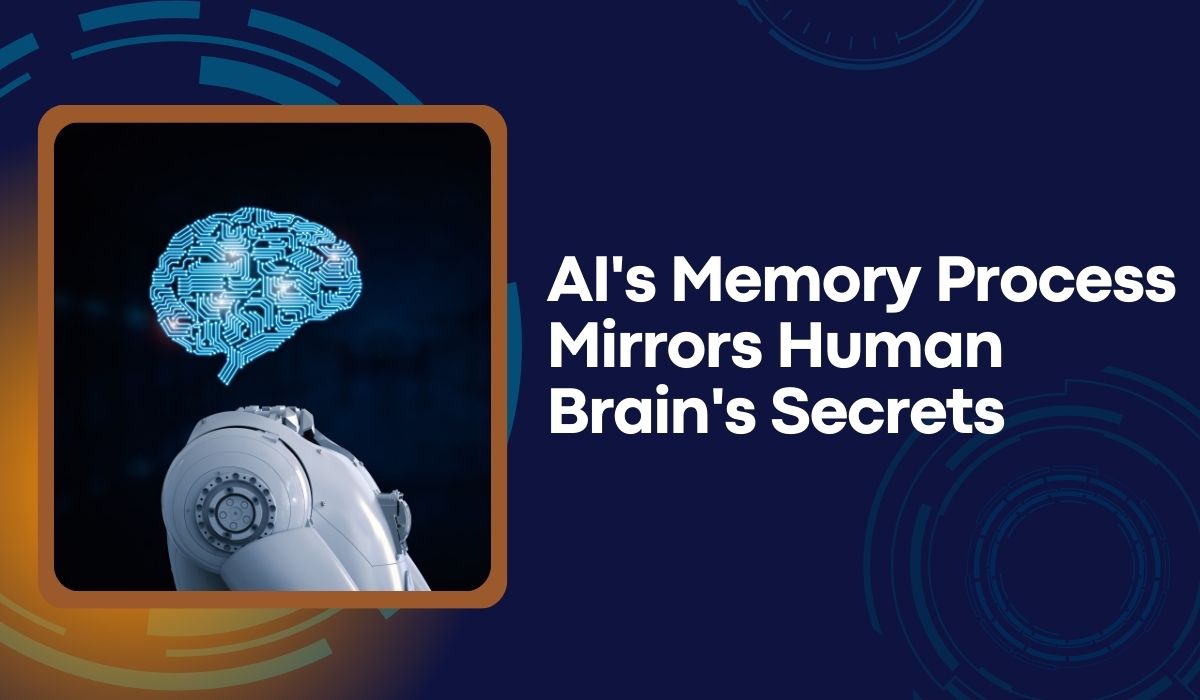
In a collaboration, researchers from the Center for Cognition and Sociality and the Data Science Group within the Institute for Basic Science (IBS) have uncovered a remarkable similarity between the memory processes of artificial intelligence (AI) models and the human brain's hippocampus. This discovery offers a fresh perspective on memory consolidation, shedding light on the transformation of short-term memories into long-term ones within AI systems.As the pursuit of Artificial General Intelligence (AGI) gains momentum, with industry leaders like OpenAI and Google DeepMind at the forefront, the study delves into the core principles of the Transformer model.
This widely used model is integral to the race for replicating human-like intelligence in AI. Central to the research is the emulation of human brain learning, specifically focusing on memory consolidation through the NMDA receptor in the hippocampus. The team drew parallels between this receptor, acting as a cognitive gateway, and a mechanism observed in the Transformer model, highlighting the model's utilization of a gatekeeping process akin to the NMDA receptor.Remarkably, the study reveals that, akin to the animal brain, the Transformer's memory function can be enhanced by mimicking the NMDA receptor's gating process.
Adjusting the Transformer's parameters to mirror the magnesium ion's role in the brain's memory formation resulted in improved long-term memory in the AI model. Justin Lee, a neuroscientist director at the institute, expressed the significance of the research, stating, "This makes a crucial step in advancing AI and neuroscience. It allows us to delve deeper into the brain's operating principles and develop more advanced AI systems based on these insights." Moreover, CHA Meeyoung, a data scientist on the team and at KAIST, emphasized the potential for creating low-cost, high-performance AI systems that mimic human memory processes.
This pioneering study, differentiating itself through the integration of brain-inspired nonlinearity into AI structures, marks a substantial leap in simulating human-like memory consolidation. The convergence of human cognitive mechanisms and AI design not only holds promise for creating advanced AI systems but also provides invaluable insights into the intricacies of the human brain through the lens of AI models.